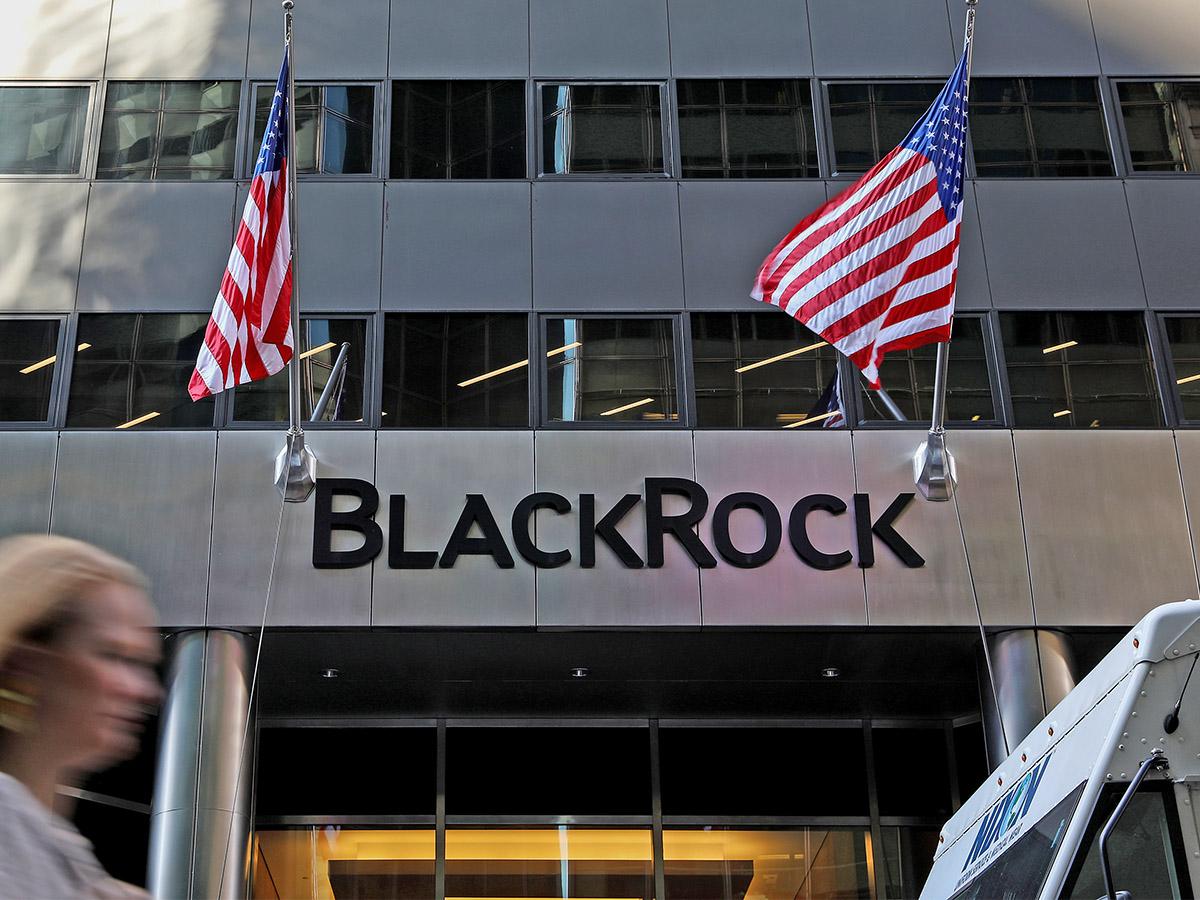As global markets and governments battle to reduce the economic fallout from the COVID-19 pandemic, the Federal Reserve Bank of New York has turned to BlackRock [BLK] to steer its massive debt-buying programmes. The news gave BlackRock’s share price a much-needed lift. After falling 34.37% since the start of January to a three and a half year low of $327.42 on 23 March, the share price shot up 13.52% of the back of the news on Tuesday. As of yesterday’s close, BlackRock’s share price was up 10.79% from Monday’s low.
The US Federal Reserve had pledged to buy government bonds in unlimited amounts on Monday (23 March) as part of a wider stimulus plan to keep borrowing costs cheap, following its decision to lower interest rates to nearly zero last week.
By Tuesday, the Federal Reserve of New York had already confirmed that it would enlist the help of the investment management firm to oversee these efforts. BlackRock is set to buy and manage billions of dollars in newly issued and investment-grade bonds as well as mortgage-backed security purchases on the Fed’s behalf.
A lucrative deal
BlackRock is the world’s largest asset manager with $7trn in assets under management, giving it a dominant position in the stock and bond markets. While details of the arrangement have not been released, investors believe this is a lucrative venture for the firm.
“This is the Fed tapping Goliath for help,” Tyler Gellasch, executive director of Healthy Markets Association, told The Financial Times. “BlackRock is so large that its investment decisions impact the markets like a federal agency. We hope this will help stabilise the market, but it will almost certainly benefit BlackRock.”
“BlackRock is so large that its investment decisions impact the markets like a federal agency. We hope this will help stabilise the market, but it will almost certainly benefit BlackRock” - Tyler Gellasch, executive director of Healthy Markets Association
As part of one of the programmes that BlackRock will lead, the Fed will also be able to, for the first time, buy exchange-traded funds (ETF) that hold stakes in investment-grade bonds — a type of investment that BlackRock sells.
However, BlackRock is the largest provider of bond ETFs, according to The Wall Street Journal, raising questions about how the giant may avoid difficult conflicts of interest.
The firm said that it “will not engage in discussions with market participants and issuers” until more specific details were finalised, in a statement seen by The New York Times.
Echoes of the financial crisis
The Federal Reserve Bank of New York said the firm was chosen for the role because of its expertise in the market, particularly for its deep knowledge in commercial mortgage-based securities that are backed by government-sponsored finance firms such as Fannie Mae [FNMA], Freddie Mac [FMCC] and Ginnie Mae [GNMA].
After all, this is not the first time the central bank has turned to BlackRock in a time of crisis. As Bloomberg notes, the investment management firm made a name for itself after the financial crash in 2008, during which the Fed asked it to oversee a total of $130bn in distressed debt.
“Given BlackRock’s scale/diversification, the firm is a perfect fit to help central banks, similar to ‘08–‘10,” Craig Siegenthaler, an analyst at Credit Suisse, wrote in a note to clients seen by Bloomberg.
“Given BlackRock’s scale/diversification, the firm is a perfect fit to help central banks, similar to ‘08–‘10” - Craig Siegenthaler, an analyst at Credit Suisse
Furthermore, it’s understandable why the central bank would turn to BlackRock, after all CEO Larry Fink helped pioneer mortgage-backed securities in the 1980s.
However back in 2008, BlackRock had not yet grown to the colossal size it is today. Nor did it then own the world’s most powerful risk management system — known as Aladdin— which reportedly oversees more than $20trn.
At the time that the Fed first turned to BlackRock, the arrangement prompted criticism from lawmakers and others who scrutinised the lack of a formal tender process, raising concerns over the cosiness between Wall Street and Washington.
The Fed also did not carry out a formal tender process this time round, according to the Financial Times.
“The key here is for the Fed to avoid the backlash like last time,” Dennis Kelleher, president of Better Markets, told The New York Times. “The Fed needs to guarantee there is full transparency and oversight of BlackRock.”
“The Fed needs to guarantee there is full transparency and oversight of BlackRock” - Dennis Kelleher, president of Better Markets
Continue reading for FREE
- Includes free newsletter updates, unsubscribe anytime. Privacy policy





